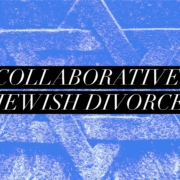Divorcing Wealthy in Florida
What is the best way to end up wealthy after divorce? It is by being even wealthier before divorce. The truth is that divorce is not cheap. But there are things that you can do to help preserve your wealth even if your marriage is ending.
Retain a Neutral Financial Professional
One of the biggest challenges when going through divorce is that one spouse typically knows more about the family finances than the other spouse. If you are the spouse with the knowledge, this can be frustrating because you feel you are making reasonable proposals that would benefit your spouse, and yet your spouse is outright rejecting them or refuses to make a decision, costing your family even more time and money. If you are the spouse without knowledge of the family finances, you feel like your spouse is trying to control you by badgering you to agree to their proposal, but how can you even make a decision that could have disastrous consequences for your long term financial future?
This is where a Neutral Financial Professional comes in.











